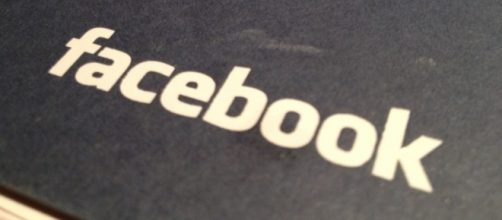Facebook launched its original video programming service named 'Watch' recently on its social networking site. While the addition may be a simple one, it strongly indicates a shift in the company's preference. While Facebook has mainly focused on text and images for interaction, the world is clearly shifting to the video medium. Consumers are using most of their data for streaming videos online or for engaging in video calls through various applications. This is why the company is now focusing on creating hardware that would support these functionalities.
What will the impending device be like?
A Business Insider report confirmed on August 23 that Facebook is indeed looking to create new Video Chat hardware, codenamed Aloha. The project will be headed by the long-time Facebook executive, Andrew Bosworth. Rumors of the device were abuzz earlier this month, when Bloomberg reported that the Building 8 division of the company was heading the development of both the video-chat device and the smart speaker from the company.
The Aloha device will reportedly have a large touch screen display, bigger than its main competitor, the Amazon Echo Show. The hardware will also be fitted with a wide-angle camera, powerful speakers, and a microphone. It will also have the ability to recognize people's faces once they come in front of the in-built camera of the video chat hardware.
Apparently, Facebook has been testing out the Aloha device in the homes of its employees for several months. The latest report also claims that the device may be available on the market sometime within the next year. Expected price at this time is expected to be around $499.
Other hardware devices Facebook is reportedly working on
The sources referred to by Business Insider also indicated that the development of the smart speaker is underway and that the device would carry a price tag of around $100 upon release. The company is also believed to be working on wearables and a 360-degree camera. Building 8 has been primarily associated with the development of the more creative and fantastical ideas of the company, such as a brain-computing system, but it seems Facebook is finally utilizing the division for something more concrete.
The only concern that is left to address is regarding the privacy of the device's users. Facebook will face a gargantuan task to convince fans that the impending Aloha device will be safe and will not invade the privacy of the people using it. The report also says that Facebook may try to market the device as a means for elderly people to stay in touch with their families.


